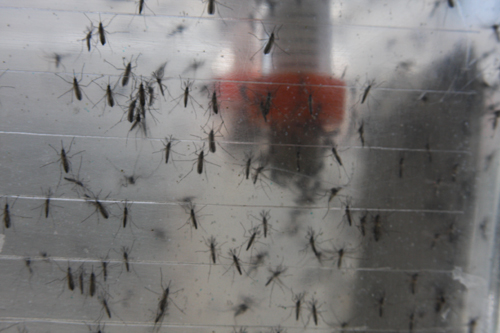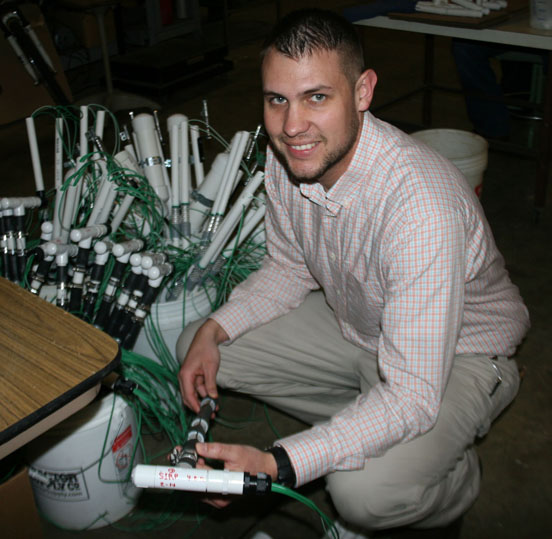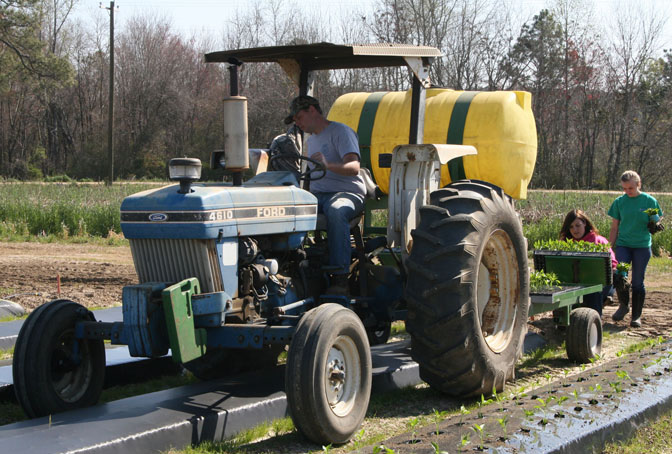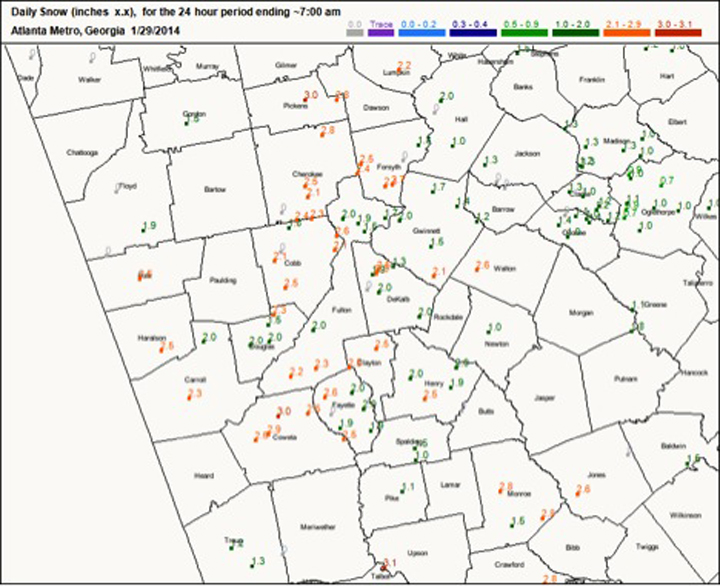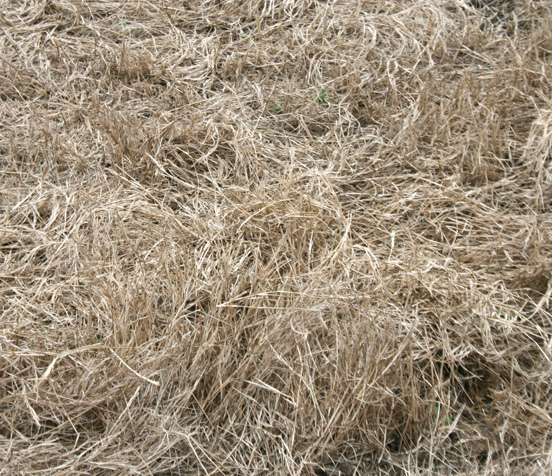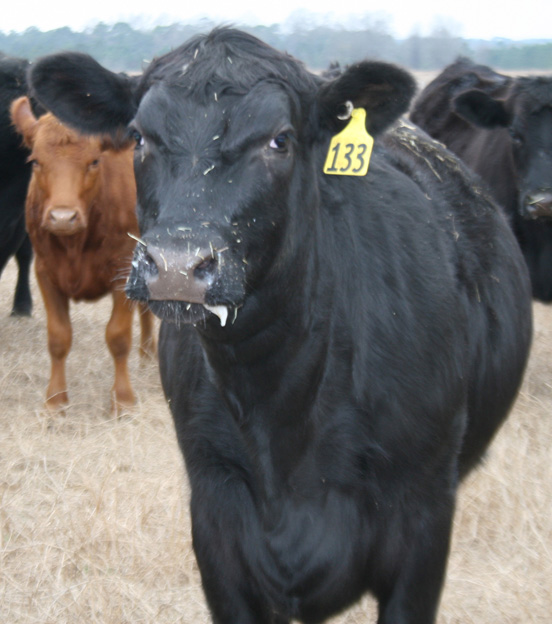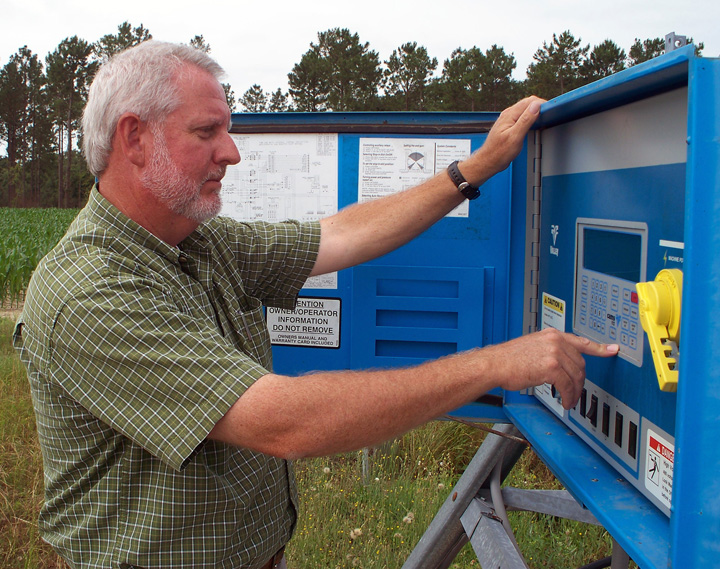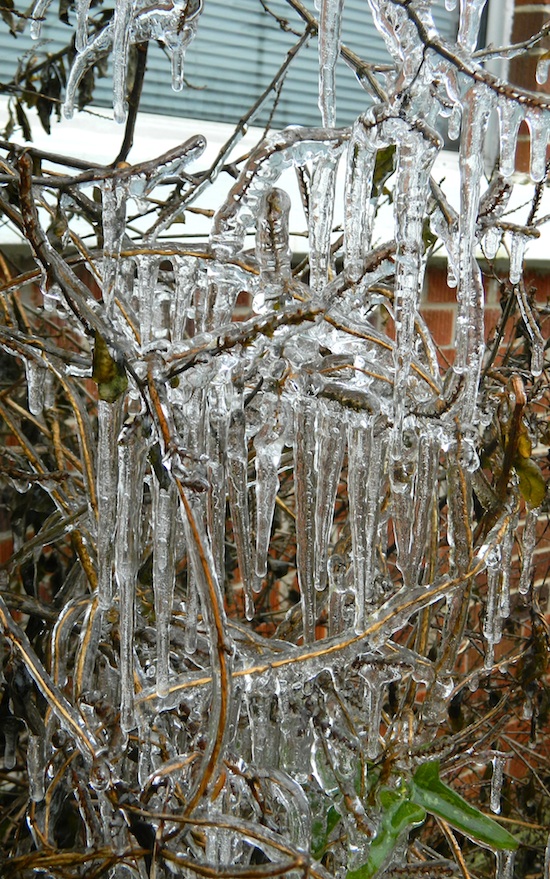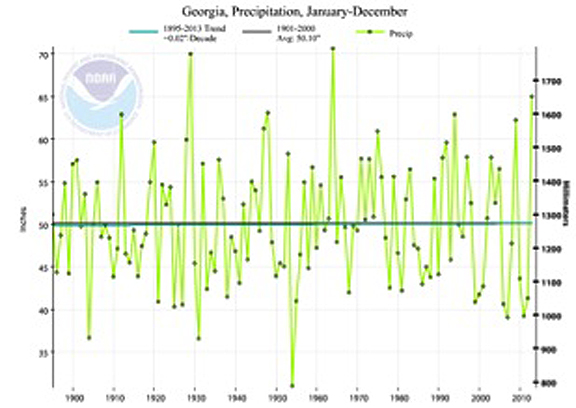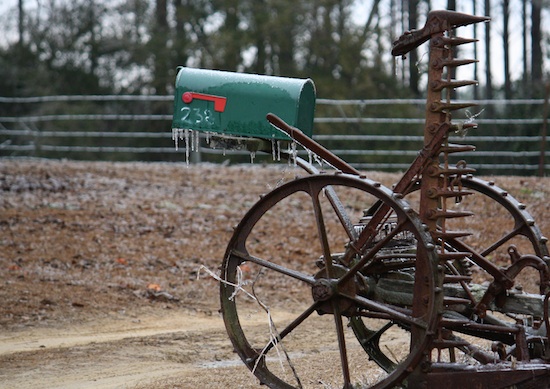 CAES News
CAES News
Late Frost Predicted
A snowstorm, followed by a few beautiful sunny days and then another snow and ice storm – this is a summary of the weather conditions in Georgia since the last week of January. A University of Georgia climatologist says don’t be surprised if the polar vortex sends another snowstorm and a late frost before spring officially arrives.

